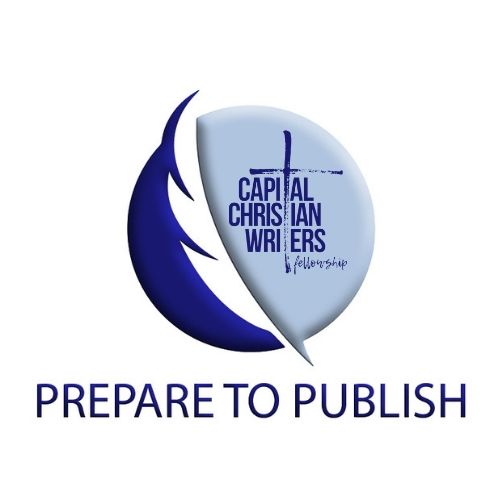Guest Blog: Linda Rondeau, Prepare to Publish Conference Speaker
 Award winning author, Linda Wood Rondeau serves as both senior editor and acquisitions editor for Elk Lake Publishing. A veteran social worker, her published novels examine the complexities of human relationships. Most of Linda’s work is contemporary fiction. However, she has published both speculative and non-fiction.
Award winning author, Linda Wood Rondeau serves as both senior editor and acquisitions editor for Elk Lake Publishing. A veteran social worker, her published novels examine the complexities of human relationships. Most of Linda’s work is contemporary fiction. However, she has published both speculative and non-fiction.
Her blog, Snark and Sensibility, hosts writers of various genres. She manages a Facebook page, Having the Prime of My Life, a positive look at aging issues. Linda resides in Hagerstown with her husband of over forty years. Readers may visit her web site at www.lindarondeau.com. Contact the author on Facebook, Twitter, Instagram.
Here recent releases include Hosea’s Heart, a contemporary novel inspired by the Biblical Hosea and I Prayed for Patience God Gave Me Children, a combination Bible Study and Devotional to explore how children teach us what being God’s child means.
DO YOU HATE TO PLOT?
Some writers are intuitive; that is they have a vague concept of what they want to say and how they want to say it. They prefer to flesh things out in their minds and then when inspiration hits, they write directly to the page, developing the major elements of story as they progress.
Unfortunately, the lack of story planning can lead to
WANDERING
INCONSISTENCIES
UNEVEN PLOT
UNDERDEVELOPED CHARACTERS
SPARSE DESCRIPTIONS
LACK OF SENSORY ENJOYMENT
THIN SEGUES
Plotting, therefore, is a necessary evil for intuitive writers … like me. While there are many good plotting outlines, I use a five-point system to help me keep the story on track and avoid the pitfalls listed above.
1. An initiating event.
Some refer to this as “rising action.” Here, we are introduced to the main character(s) and given a hint as to who they are. There is a reliable argument that your main characters) need to be relatable. An initiating event helps us to “get to know” the character. Normally this would be only a few pages into your document.
Example: In the opening scenes of Hunger Games, we are introduced to Katniss. We learn she is a hunter. More importantly, we are introduced to her special relationship with her sister, making her sacrifice to volunteer as tribute understandable and likeable.
2. An inciting event
The word incite means to stir, encourage, or urge on; stimulate or prompt to action. This event is the point when your main character (s) is/are propelled into action and sets the stage for the rest of your story. In Hunger Games, Katniss volunteers as tribute. She is taken from her normal world and is plunged into a new world in which she must fight for survival and try to keep her moral code.
3. Crisis event
This is occurs in the middle or thereabouts and is the point at which your protagonist(s) consciously decide/s to go all in. Up until now, your character(s) has/have opportunity to turn around. At some point, however, either by a conscious choice or by circumstances beyond your character’s control, there is no turning back. The character must move forward. In Titanic, Rose is in the last available lifeboat. She jumps out and runs to Jack. “You jump, I jump.” The boat is going to sink, and there is nothing she can do to stop the events that follow. This is sometimes called, the “aha” moment. A realization that forever changes your character.
4. Climax
This is the point where the volcano does in fact erupt…the boat sinks. All points preceding have culminated in the making of this event. The prince slays the dragon. Luke uses the force. The boat sinks. In Hunger Games: Katniss and Peta make the final challenge to eat the poisonous berries and both die or they’ll be team victory.
5. Denouement
The word is derived from the French word meaning to untie. Some refer to this as the resolution. This is the final result of all that has happened before. It is the release or cool down of emotion. The place the reader will smile, cry, or take a deep breath that the hero and heroine are finally together. In Princess Bride, Wesley and Buttercup engage in the “most romantic kiss ever recorded.”
Conclusion of the matter
There are many good books written on plot construction methodologies. Plot theorists even vary on what point in the manuscript their outline points should be implemented. As far as existing manuscripts, critics do not always agree on what specific event constitutes an inciting incident or even a climax.
The important thing is that you keep your story moving forward and keep your reader engaged in your story.
Complete information for Prepare to Publish Conference




